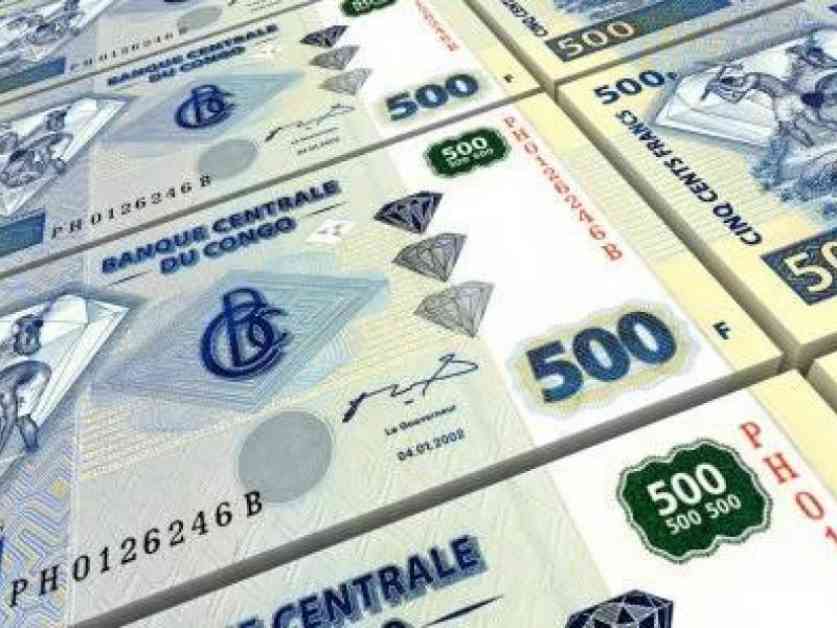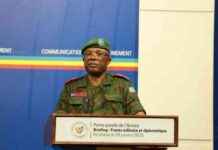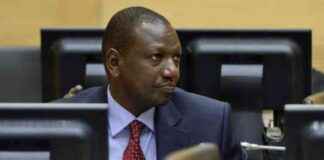Franc Congolais Faces Depreciation and International Reserves Strengthen
The latest developments in the external sector as of December 20, 2024, have unveiled a slight depreciation of the national currency on the official market, an appreciation on the parallel market, and a strengthening of international reserves, as per official data. The interbank exchange rate, or indicative rate, stood at 2,821.66 CDF for one US dollar, marking a weekly depreciation of 0.52%. This rate is set by banks operating under the supervision of the Central Bank and reflects official currency transactions.
However, on the parallel market (also known as the informal or black market), the Congolese franc appreciated by 0.73%, reaching a rate of 2,858.44 CDF for one US dollar. This market consists of unregulated transactions, often more responsive to local pressures on currency demand and supply.
Market Trends and Implications
Throughout the year, the Congolese franc experienced a depreciation of 5.41% on the indicative market and 6.01% on the parallel market. These fluctuations indicate continued pressure on the national currency, despite visible stabilization efforts. The variations in exchange rates highlight the complex dynamics influencing the value of the franc in both official and informal markets.
Strengthened International Reserves
On a positive note, international reserves, which represent foreign currency assets held by the Central Bank to support the national currency and meet the country’s external obligations, have strengthened. They stood at 6,148.78 million USD as of December 19, 2024, covering 14 weeks of imports of goods and services. This level of coverage exceeds the minimum recommended threshold of 3 months, signaling prudent reserve management practices.
In conclusion, the evolving economic landscape in the Democratic Republic of Congo reflects a delicate balance between market forces, policy interventions, and global economic trends. The interplay of factors shaping the exchange rate and reserve levels underscores the importance of proactive monetary measures to ensure stability and resilience in the face of external pressures. As the country navigates these challenges, fostering transparency, accountability, and sound financial management will be crucial to sustaining economic growth and safeguarding financial stability.
Personal Reflection
As someone who has witnessed firsthand the impact of currency fluctuations on everyday life, be it through rising prices or changing investment values, it is evident that economic developments like those in the DRC have far-reaching effects on individuals and communities. Understanding the intricacies of exchange rate movements, reserve management, and market dynamics can empower us to make informed decisions and navigate financial uncertainties with greater confidence. In a globalized world where economic interconnectedness is the norm, staying informed and engaged with financial news is not just a choice but a necessity for charting a secure financial future.

















